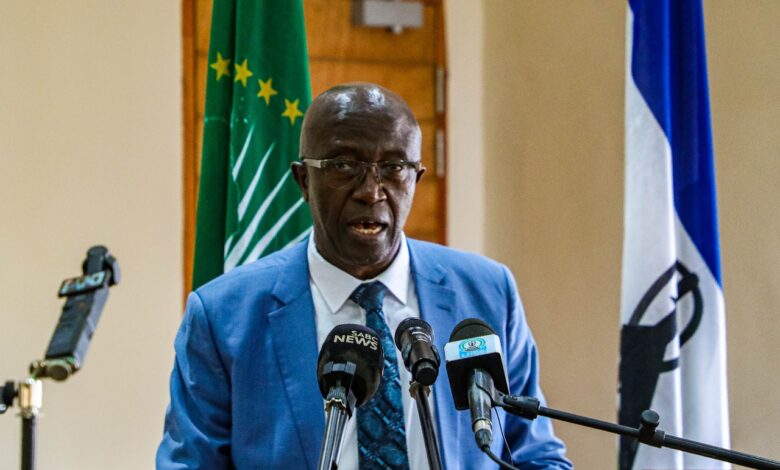Lesotho Launches Dual Learning Model to Boost Youth Employment and Business Growth

The Government of Lesotho is adopting an innovative approach to tackle youth unemployment through a new teaching strategy known as the Dual Learning Model. This initiative aims to equip young people with both academic knowledge and practical work experience, ultimately preparing them for the job market while helping businesses find skilled workers.
The strategy was presented at a stakeholders’ meeting held on Wednesday, involving key players such as the Ministry of Trade, Industry and Business Development, the Ministry of Education and Training, and the Ministry of Labour and Employment, along with the Competitiveness and Financial Inclusion (CAFI) programme.
Minister of Labour and Employment, Hon. Tšeliso Mokhosi, revealed that the foundation for this model was laid as early as 2019. However, its rollout was delayed due to the COVID-19 pandemic. “We are now revisiting the plan with renewed energy and commitment to ensure it responds to the current needs of our youth and economy,” the Minister said.
The Dual Learning Model has three key components: Apprenticeship, Internship, and Attachment. According to Mrs. Retšelisitsoe Moiloa, speaking on behalf of the Ministry of Education and Training, these components are designed to bridge the gap between the classroom and the workplace. “The model helps learners acquire job-specific skills while also making it easier for companies to recruit trained individuals,” she said.
However, Mrs. Moiloa also noted a critical challenge: many schools still fall short in conducting thorough research to align their training programmes with the needs of businesses. “If our institutions are to succeed in this model, we must strengthen partnerships with the private sector,” she emphasized.
Representing CAFI, Mr. Chaba Mokuku said their focus is on growing small and medium-sized enterprises (SMEs) and boosting agricultural productivity. He shared that CAFI has secured M47 million to support 10 training programmes, and it aims to assist 15 commercial farms by 2028. “Our goal is to promote a sustainable business environment where trained youth can contribute effectively,” Mokuku stated.
Meanwhile, Minister of Trade, Industry and Business Development, Hon. Mokhethi Shelile, encouraged all stakeholders to work together to ensure the success of this initiative. “The silo mentality has failed Lesotho in the past,” he warned. “Only by working together can we create a unified, impactful strategy that drives national development.”
The introduction of the Dual Learning Model marks a significant shift in Lesotho’s education and employment landscape. With support from multiple ministries and development partners, it holds strong promise for reducing youth unemployment, strengthening businesses, and preparing the country for a more competitive future.
Join 'Lesotho News' WhatsApp Channel
Get breaking Lesotho news — delivered directly to your WhatsApp.
CLICK HERE TO JOIN



